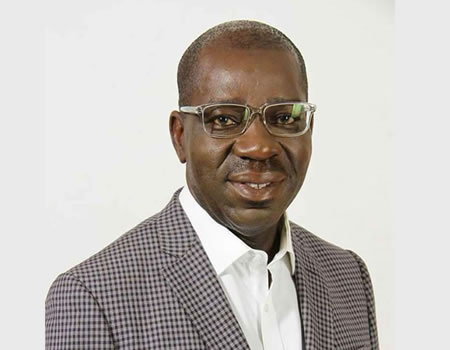According to him, “the state government has recorded a number of achievements in the health sector, which include rehabilitation of the 20 primary healthcare centres in the 18 local government areas (LGAs) of the state; enactment of the compulsory Health Insurance Law to reduce out-of-pocket expenses on healthcare and the repair and opening of the Edo Specialist Hospital.
“Others are the training of over 500 midwives, nurses and community health extension workers on best practice for care delivery and establishment of the Public Health Emergency Operations Centre (PHEOC) and Infectious Disease Isolation Centre.”
He added that the focus of the Edo-HIP was to strengthen the primary healthcare system; provide access to specialist care for most common ailments as well as healthcare financing to ensure the system is sustainably run.
The governor’s aide said the source of funding for the healthcare coverage were the basic healthcare provision fund and equity fund, noting that some of the benefits for those registered on the plan include, “antenatal care; referred antenatal care to secondary healthcare facility; ultrasound in pregnancy; induction of labour; normal delivery and post-natal care; caesarean section in secondary healthcare facility and management of eclampsia, maternal sepsis and newborn sepsis.”
He added: “Others are child OPD treatment (children under five years); referred child treatment to secondary health facility; treatment of severe acute malnutrition; immunisation; malaria treatment in adults; chronic disease screening; family planning; emergency stabilisation and emergency ground transportation.”
Source: Pharmatimes
 Governor Godwin Obaseki is to launch the Edo State Compulsory Health Insurance Scheme tomorrow geared at ensuring affordable healthcare for all residents.
Governor Godwin Obaseki is to launch the Edo State Compulsory Health Insurance Scheme tomorrow geared at ensuring affordable healthcare for all residents.